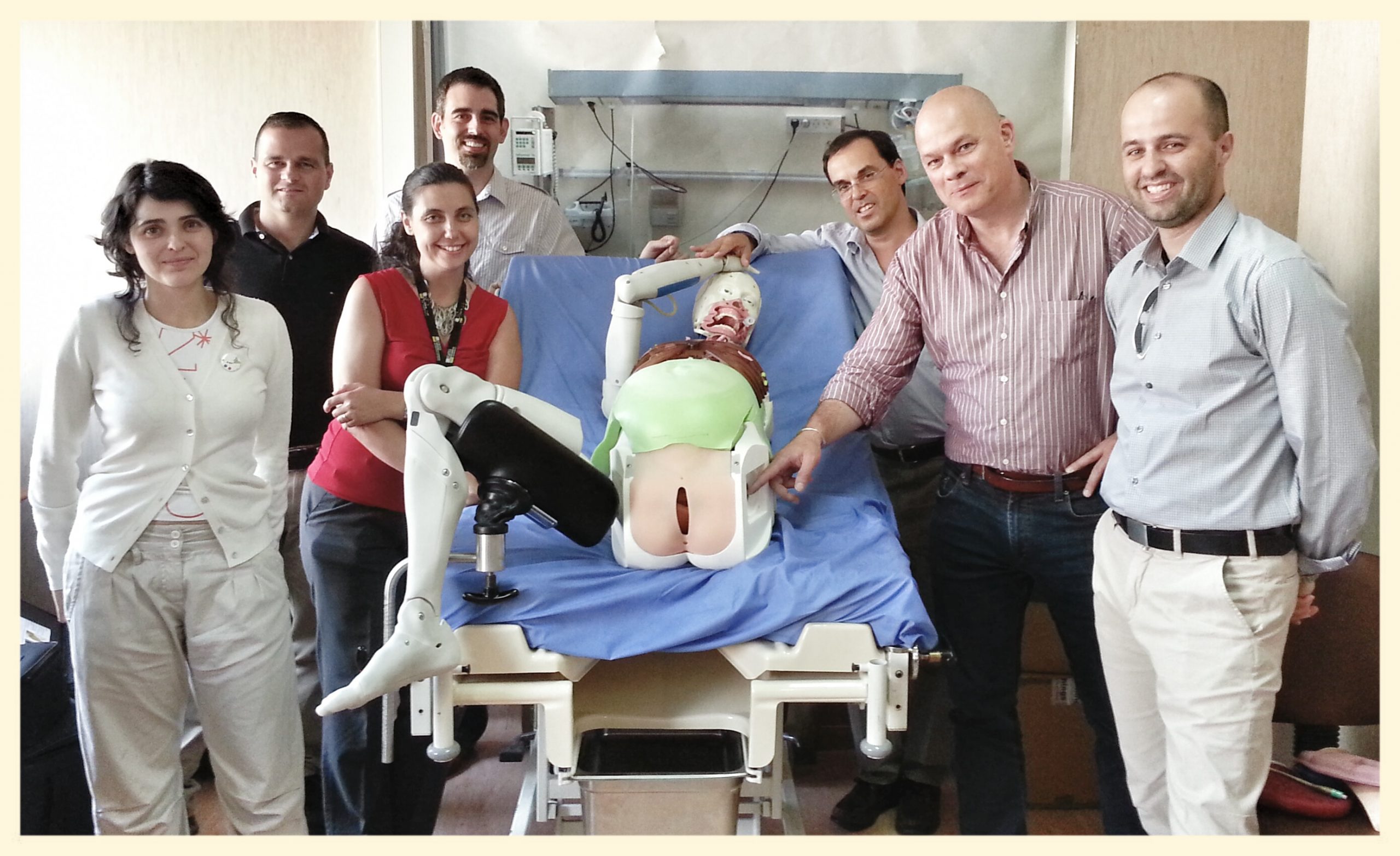Can you tell the difference between an AI-generated article and one that was written by a human? Read this article about the simulationist to find out
The term “simulationist” has emerged as a defining force in the healthcare industry, shaping the future of medical training, research, and patient care. This article delves into the multifaceted role of the simulationist, their impact on healthcare practices, and the transformative potential of simulation technology.
The simulationist is a healthcare professional with specialized expertise in simulation techniques and technology. They possess a deep understanding of healthcare processes, medical scenarios, and patient care protocols. Through their expertise, they harness the power of simulation to create realistic and controlled environments for training and educational purposes.
Simulationists revolutionize medical training by providing immersive and hands-on experiences to aspiring healthcare professionals. Using advanced simulators, virtual reality, and interactive scenarios, they enable trainees to practice clinical skills, decision-making, and critical thinking in a safe yet lifelike setting. This prepares them to handle complex situations with confidence and competence in real-life patient care settings.
Effective teamwork and communication are crucial elements of successful healthcare delivery. Simulationists design interdisciplinary scenarios that bring together physicians, nurses, paramedics, and other healthcare providers. Through these simulations, they instill a sense of unity and foster better communication among team members, ensuring seamless coordination during critical situations.
Simulationists play a pivotal role in driving continuous quality improvement in healthcare. By meticulously analyzing simulation data and performance metrics, they identify areas of improvement, potential errors, and system weaknesses. The insights gained from simulation-based research aid in refining protocols, enhancing patient safety, and optimizing healthcare processes.
Beyond training, simulationists design assessment scenarios to evaluate the competence and skills of healthcare professionals. Objective assessments using simulations provide a standardized and fair evaluation process. This ensures that medical practitioners meet required standards and remain up-to-date with best practices, contributing to better patient outcomes.
Simulationists are at the forefront of integrating technological advancements into healthcare education. They continuously explore innovative tools such as augmented reality, artificial intelligence, and sophisticated simulation software. By embracing these technologies, simulationists push the boundaries of traditional medical training, making education more engaging, efficient, and effective.
Conclusion:
As simulation technology continues to evolve, the simulationist’s role in healthcare becomes increasingly indispensable. Their expertise in simulation techniques, dedication to education, and commitment to improving patient care make them key drivers of healthcare advancements. The simulationist’s ability to create a safe yet realistic learning environment empowers healthcare professionals to achieve excellence in their field. By harnessing the transformative potential of simulation, the simulationist stands at the forefront of shaping the future of healthcare delivery and patient well-being.
READ ALSO






























